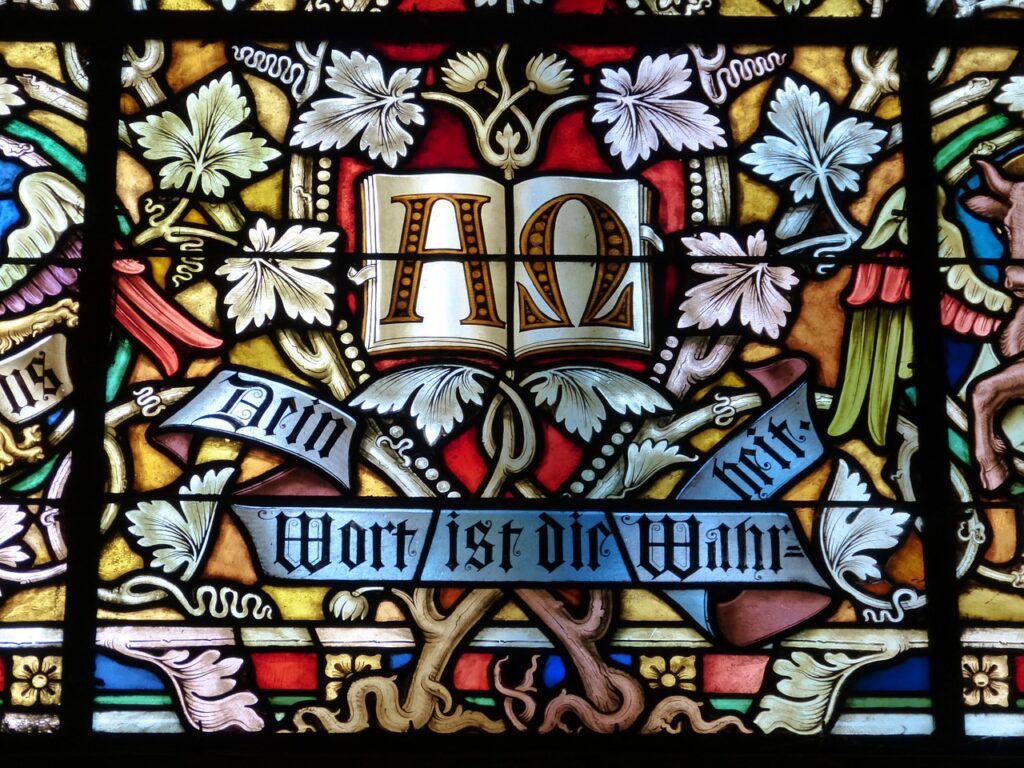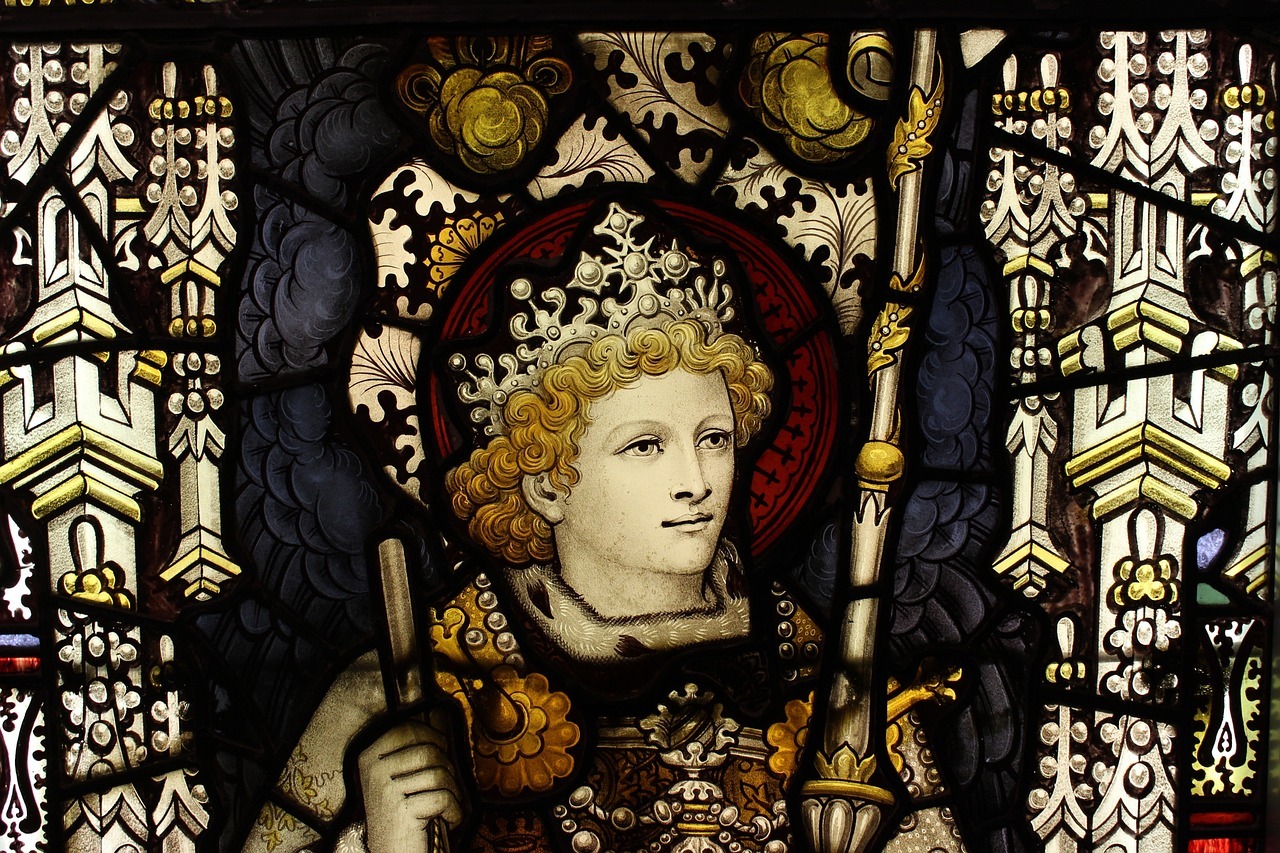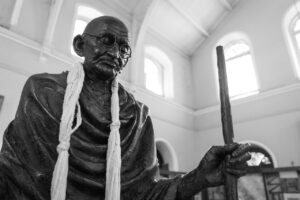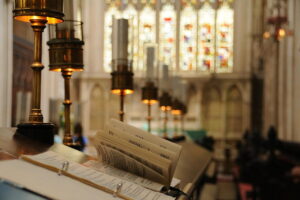Reflection for the Thirty-fourth Sunday in Ordinary Time B November 24, 2024: The Cosmic Christ / Christ the King / Our Lord Jesus Christ King of the Universe
Readings: Daniel 7: 13-14 (RM) or 9-10, 13-14 (RCL); Psalm 93; Revelation 1: 5-8 (RM) or 4b-8 (RCL); John 18: 33b-37 (RM) or 33-37 (RCL).
Kings are just not what they used to be.
In 1830 the new little Kingdom of Belgium was formed from the breakaway southern provinces of the United Kingdom of the Netherlands that had risen up against Dutch rule. A National Congress was convened in Brussels to draft a constitution for the new country, in which Belgium was declared a “popular constitutional monarchy.”
The next problem was to find a willing monarch. The person could not be French (too much danger of a takeover) nor Dutch. The Congress drew up a shortlist of possible candidates, and the name at the top was that of Leopold of Saxe-Coburg-Gotha, a German prince and British citizen who was the widower of England’s Queen Charlotte. But Leopold had already turned down a job offer to become King of Greece because the country was too unstable. In fact Leopold didn’t want the Belgian job either. Apparently his top advisers had told him,
“Are you crazy? It’s a constitutional monarchy. Your hands will be tied. You can’t do anything.”
In 1831 he finally accepted, and was greeted with much popular acclaim along his journey to Brussels to take his oath of loyalty to the Constitution.
OK, so that was tinged with a bit of interpretative history. The following little anecdote is not: In the late 1980’s I overheard two broadcasters at the then-BRT (Belgian Radio and Television) tell about the time their monarch, King Boudewijn, stepped off a plane and came down the steps. Two ladies in the crowd began to chatter,
“Which one is the King? Where is he? Is that him? No no, that can’t be the King. He’s not wearing a crown!”
Neither Scripture nor Christian religious symbolism could have imagined a constitutional monarch, or in the case of Leopold’s descendant King Boudewijn, a bookish gentleman in a business suit. But that’s the reality today in most countries that still have a hereditary monarch as head of state. It’s a concept not always well understood in democracies.
Why did the churches hang onto the imagery of Christ as a king for so long, and even embellish it? The official Roman Catholic title in the U.S. for this Sunday, “Our Lord Jesus Christ King of the Universe” can sound intentionally overbearing, even manipulative. And that’s exactly what it was.

The Feast of Christ the King was instituted in 1925 by Pope Pius XI, when Mussolini and his Fascists had been in power in Italy for two years. It would be eight years before Hitler took power in Germany and thirteen years before the Fascist dictatorship in Spain. The point was to force an acknowledgement that Christ was “king” over all earthly rulers, all dictators, all monarchs– the absolute, total, omnipotent King who compels complete and universal submission.
So this feast did not emerge from popular piety, nor from centuries of spontaneous acclaim at the grassroots. It came from the top down to serve a purpose.
I think we as Christians have a delicate balancing act to do with this imagery. On the one hand, how do we live with courage knowing how fundamentally vulnerable and dependent we are? We depend on the life of the Spirit that undergirds the universe for every breath, every heartbeat, in sum the maintenance of every condition that supports the life of our bodies and that of all life forms in our environment. We need to be able to trust in the love of that Spirit. How do we face our fragility without fearfully signing over our human dignity to a human would-be tyrant who claims utter omnipotence?
The other side of the equation could involve opening ourselves to the life of the cosmic Christ, and keep our eyes on the dynamic energy and harmony, the expanse and the comforting embrace of Christ. In the words of the RC Eucharistic Prayer for today, Christ forms the centre and the periphery of
“an eternal and universal kindom, a kindom of truth and life, a kindom of holiness and grace, a kindom of justice, love and peace.”
Or more simply, in the words of the second reading,
“I am the Alpha and the Omega … the one who is and who was and who is to come.”
© Susan K. Roll
Susan Roll retired from the Faculty of Theology at Saint Paul University, Ottawa, in 2018, where she served as Director of the Sophia Research Centre. Her research and publications are centred in the fields of liturgy, sacraments, and feminist theology. She holds a Ph.D. from the Catholic University of Leuven (Louvain), Belgium, and has been involved with international academic societies in liturgy and theology, as well as university chaplaincy, Indigenous ministry and church reform projects.





Your line stays with me: “how do we live with courage knowing how fundamentally vulnerable and dependent we are?” What also comes to me is Mary Daly’s line that “You become courageous by doing courageous acts…Courage is a habit.” I trust …!